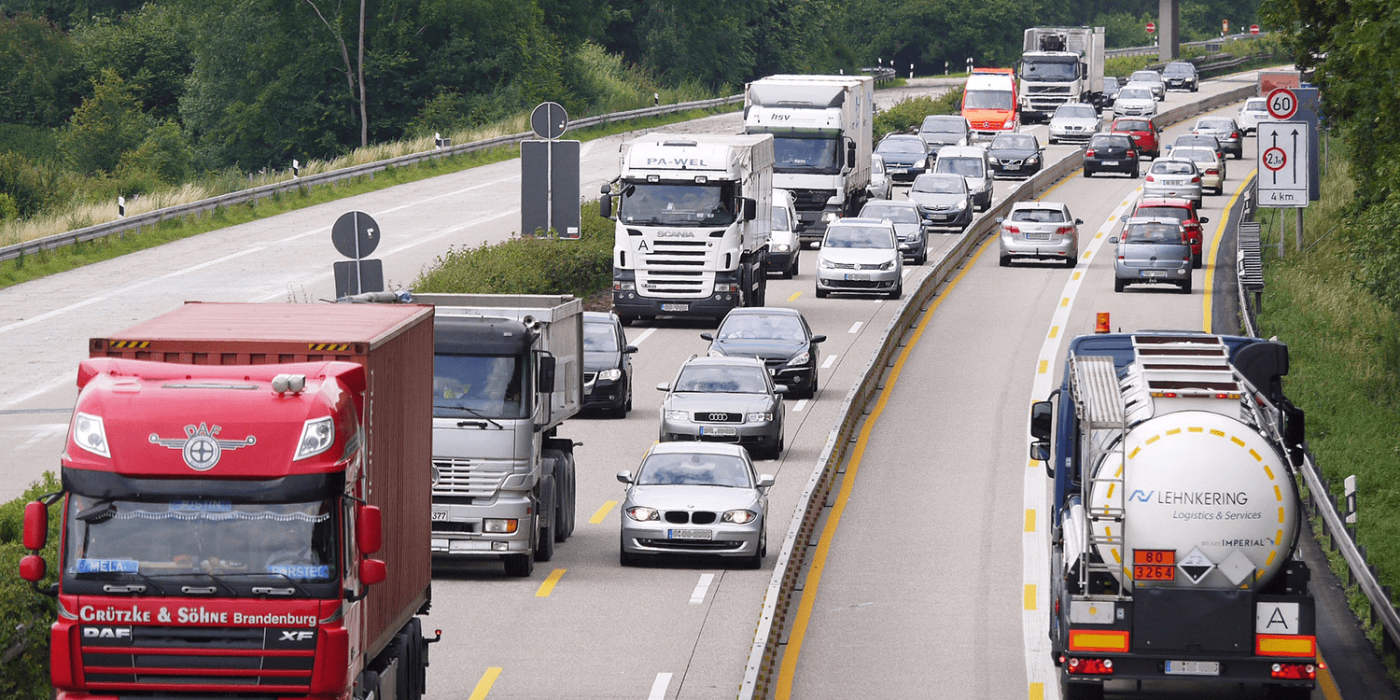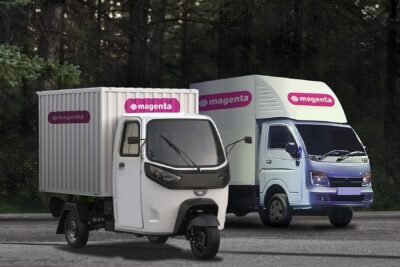EU states want to weaken CO2 targets for city buses
The European Council, the body of EU member states, defined its position on new CO2 standards for trucks and buses, based on which negotiations with the European Parliament on the final form of the legislation will take place. The ideas differ in some areas from the original draft of the EU Commission.
The EU Commission published its proposals for new CO2 standards for trucks and buses in February 2023. According to the document, manufacturers of heavy commercial vehicles are to reduce their fleet emissions by 90 per cent by 2040 and city bus manufacturers by 100 per cent by 2030. The Commission does not consider e-fuels to be effective.
The EU Commission does not plan any new interim targets for city buses. For trucks and coaches, it defines three time periods in its proposal: from 2030, CO2 fleet emissions will be reduced by 45 per cent, from 2035 by 65 per cent and from 2040 by the aforementioned 90 per cent. The fleet emissions in 2019 – the year from which the currently valid rules originate – serve as a reference. The new draft is intended to replace precisely these current EU requirements, according to which manufacturers must ensure a CO2 emissions reduction of 15 per cent by 2025 and 30 per cent by 2030 (also compared to 2019). Strictly speaking, however, this is more of an addition because the EU Commission sees no need for action until 2029. The targets from 2019 will remain in force until then. Thus, both sets of regulations are to overlap for only one year.
Compared to these proposals, the European Council wants to postpone the zero-emission target for city buses from 2030 to 2035 and set an interim target of 85 per cent emission reduction for 2030. Intercity buses will be exempted from this target. However, the states support the Commission’s roadmap for trucks and coaches in its proposed form. The same applies to the exemptions for special vehicles. This concerns, for example, manufacturers of small series as well as certain industrial vehicles (mining, forestry, agriculture, military, track construction), commercial vehicles (such as refuse collection vehicles) and emergency vehicles.
In addition, the states advocate bringing forward the review of the new regulations from 2028 to 2027 to evaluate the effectiveness and impact of the regulations one year earlier. The progress in developing charging infrastructure and hydrogen refuelling stations will be assessed.
The Council itself states that its text “strikes a balance between keeping the Commission proposal’s main ambition to reduce the climate impact of the heavy-duty vehicle sector and allowing member states some flexibility in the implementation of the amended regulation.” At the same time, innovation and EU competitiveness in the sector should be strengthened.
Teresa Ribera Rodríguez, Spanish acting third vice-president of the government and minister for the ecological transition and the demographic challenge, commented on the Council’s proposal as follows: “With today’s agreement we have reaffirmed our commitment to reach our ambitious climate targets. Lorries, buses and coaches are an important part of road transportation, affecting the daily lives of millions of citizens. Citizens deserve to live in a greener and healthier environment, and we are now a step closer towards this objective. At the same time, we are ensuring the competitiveness of the industry, by clarifying the roadmap for new investments.”
“Today we have worked for the health of the people in Europe and for climate protection,” said German Federal Environment Minister Steffi Lemke at the end of the negotiations in the EU Environment Council. The decision would significantly accelerate the ramp-up of electric mobility for trucks and buses, and was thus an important step towards making a CO2-neutral transport sector a reality by the middle of the century.
The next step will be for the Council to take its draft to negotiations with the European Parliament on the final shape of the legislation. The Council and the Parliament must then adopt the outcome of the negotiations.





0 Comments